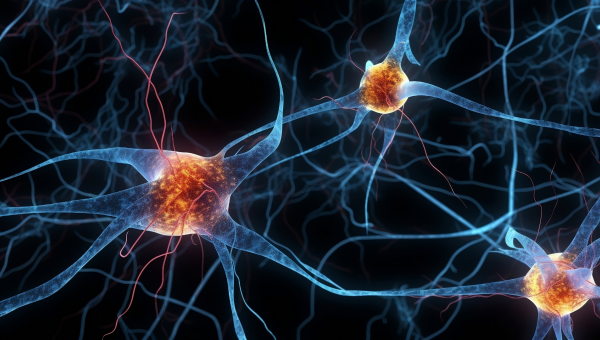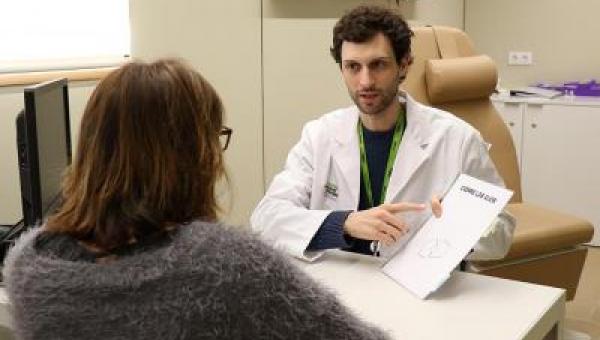
Research studies on Alzheimer's disease at BBRC
The Barcelonaβeta Brain Research Center (BBRC) has ongoing studies and participates in international consortia dedicated mainly to research on the preclinical phase of Alzheimer's disease, with the aim of better understanding the biological processes of the disease and being able to detect it early, and to design programs to delay or stop the onset of symptoms.





























